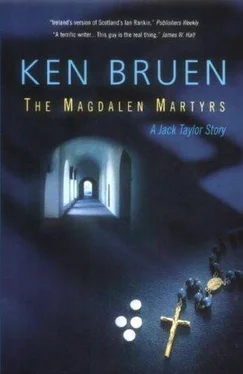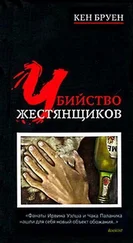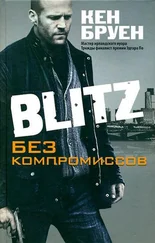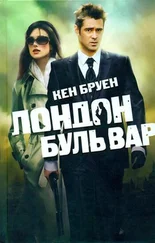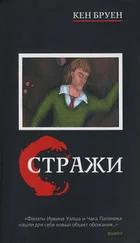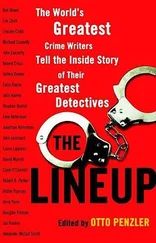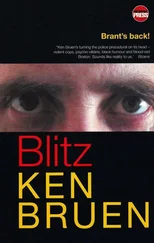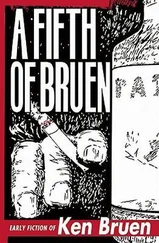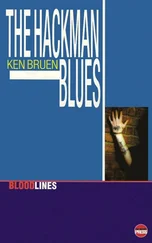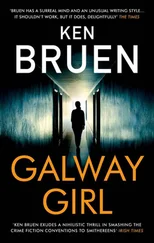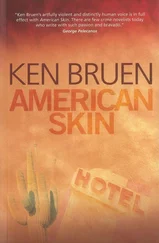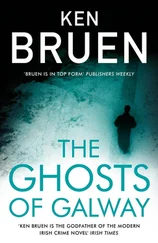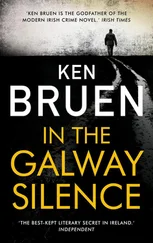Took out a cigarette and muttered,
“Come on, it’s no big thing. Walk in, find the grave, say hello, and you’re out of there.”
Couldn’t do it.
Part of it was how he’d have reacted to my treatment of Bill. Could hear him go,
“You did what? Went into a dying man’s room, beat him in the bed?”
As bare as that, sure sounded rough. I’d try to rally with,
“He was a piece of shit, garbage. He had two innocent young men murdered, terrorised a frail old woman.”
He’d shake his head.
“God forgive you, because no one else will.”
And if I were desperate enough, I’d try,
“But I got results, didn’t I? The case is solved.”
“It’s not right, Jack. You know it’s not.”
A gravedigger came out of the gate. Another guy from my schooldays, he was carrying a thermos and sandwiches, said,
“Jack, you’re talking to yourself.”
“Bad sign, isn’t it?”
“Ah, don’t worry about it. I talk to myself all the time.”
He saw me eye his lunch, said,
“Most days I eat in there.”
Nodding back towards the cemetery, continued,
“But times, I need to get out, be in the flow of people.”
I could understand that, said,
“I can understand that.”
“No, it’s not like you think. The peace is indescribable, but I’ll be long enough there eventually. So I force myself to circulate.”
I decided not to visit, said,
“Good to talk to you.”
“You know where I am, where we’ll all be. The calendar solves everything.”
“When the personality engages in these behaviours, it is as though
it feeds its body arsenic again and again.”
Gary Zukav,
The Seat of the Soul
I stood outside the apartment building at the Spanish Arch. Dill said Michael Neville lived on the top floor. I checked the names on the outside. Sure enough, there he was, 5A. I rang the number. No answer. If he’d answered, I’m not sure what I’d have said. I kept hoping some sophisticated plan would strike me.
None did.
In the movies, to gain entrance, the hero rings one of the other tenants and they always let him in.
Didn’t work.
I decided to put my garda training to use. I forced the lock. Not easily or even quietly. Pure brute strength. In the hall, I found the stairs and began to climb. On the fifth floor, I stood outside 5A, listened. No sound of activity. Knocked on the door and heard,
“Yeah?”
“ESB.”
“Just a minute.”
Adrenaline was pumping along my veins. Then the rattle of a dead bolt and the locks being turned, and the door opened. A man in a vest and boxer shorts stood there. He was wiping sleep from his eyes. I asked,
“Michael Neville?”
“Yes.”
I punched him in the stomach. Then followed with another to his chin. He fell back inside. I checked the corridor then stepped over him. Dragged him to the living room and shut the door. He was early thirties, thin and not difficult to haul. I quickly checked the other rooms for occupancy.
If he had company, I was fucked. He didn’t. I searched the bedroom, found a Browning automatic and my own gun. In a shoebox were a stash of cocaine and a large amount of money. Put the coke, money and HK in my jacket. Kept the Browning in my hand. Could hear him groaning as he began to regain consciousness.
I went back to the living room, pulled a chair up and sat over him. I let the gun rest lightly on my knee. His eyes opened and he sat up, massaging his jaw. I said,
“Hi.”
He stared at me, said,
“Taylor! I told Bill we should have done you. Get a chance to rent the video of The Deer Hunter?”
He tried to stand, and I said,
“Bad idea unless you want me to shoot your toes off.”
Alongside me, I noticed a book. I was so surprised he’d have one that I picked it up. You just don’t associate hit men with reading. The title was Doting.
I said,
“Hey, nobody reads Henry Green any more.”
He stared at me in confusion, asked,
“What are you talking about?”
I was allowing my concentration to slip. I can’t blame books for the chaos of my life, but they’ve always been there on the journey. I said,
“He’s a famously neglected writer. He gets rediscovered every decade or so.”
He was almost standing now. I continued,
“He wrote nothing for the last twenty years of his life.”
Neville said,
“It isn’t mine. Was in the apartment when I came. Was going to sling it, but you never know. I run out of toilet paper, I’ll use that.”
A sort of madness in myself. I was determined he’d know about this author. I said,
“He never let his photo be taken, used the pseudonym and gave interviews that revealed little. Critics described his work as elusive and enigmatic. In fact, very similar to the characteristics of your own work.”
He was standing now, said,
“Fuck you.”
I moved the book towards him, said,
“His real name was Henry Vincent Yorke. Born in Tewkesbury, England. Served in the Auxiliary Fire Service during the Second World War. After, he returned to his family’s firm in the Midlands, wrote in his spare time.”
Neville had moved closer, said,
“You’re a fucking whacko, you know that? You’ve made a serious mistake, but tell you what: give me the gun, you get to walk out of here.”
I watched him, saw his muscles tense, said,
“You don’t want to know about Henry, do you? That he wrote ten novels. Listen, sometimes you hear about ‘a writer’s writer’. Well, he’s been described as ‘the writer’s writer’s writer’.”
He lunged for me. As I fell backward, the gun went off. Didn’t even sound like a shot, more of a muted pop. I was on the ground, Neville across me. He wasn’t moving. I shoved him and he rolled over, his eyes blank. A small hole in his chest. If I’d been aiming, I’d never have achieved such a result.
I moved to the door, listened, but heard nothing. Went back to Neville, checked his pulse. There was none. I took the coke out, did two lines to steady myself, then systematically began to wipe down anything I’d touched. There was a huge array of Juicy Fruit on the floor and I let it lie. As the coke racked my brain, I went over every surface again. Could feel the ice dribble down the back of my throat, the euphoria and the physical well-being from the drug. I poured the remainder of the white powder over his body. There was an envelope with his name and address, which I put in my pocket. I hoped the cocaine might influence the guards’ investigation.
I looked at his body, thought,
“I know absolutely nothing about you.”
I put the still warm gun in my jacket. Took a glance around, hoped I hadn’t overlooked anything. Opened the door, no one in the corridor. Down the stairs, the coke shooting along my nerves. If I met one person, I was finished. At the front door, I stepped outside, kept my head low. Within minutes I was at Jury’s Hotel and risked a look back. The apartment building seemed the same. No squealing police cars or alarmed citizens.
I tried to tell myself,
“Christ, you’ve been lucky.”
It’s a little hard to mention luck when a man was lying on a floor with a bullet in his heart.
Moved off towards Quay Street. Turned left and walked into Kirwan’s Lane.
“But I wouldn’t kill anybody for money. No matter how much I needed it. I’m
not the man for it. My memory is too good. I wouldn’t want to relive over and
over the sight of some poor fool going down under the weight of his own blood.”
John Straley,
Death and the Language of Happiness
Kirwan’s Lane is regarded as Ealway’s most important medieval passage. The Kirwans were one of the twelve tribes who founded the city. There’s a small theatre there where Wolfe Tone appeared. It was begun by a man with the wonderful name Humanity Dick Martin.
Читать дальше
